Introduction: Meet Amira
Amira is a dedicated college student residing in Egypt, currently pursuing a degree in environmental science. As she navigates her academic journey, Amira finds herself confronted with the pressing realities of the climate crisis, which weighs heavily on her conscience. Enrolled in a rigorous program, she encounters a comprehensive curriculum that covers the multifaceted aspects of environmental issues, ranging from climate change to biodiversity loss. Despite her passion and commitment to making a difference, Amira often feels an overwhelming sense of urgency brought on by the escalating environmental challenges faced by her country and the globe.
The significance of Amira’s studies cannot be overstated; Egypt, with its unique geographical and ecological dynamics, is particularly vulnerable to the impacts of climate change. Rising temperatures, desertification, and water scarcity are just a few of the challenges that both students like Amira and the general populace must grapple with. This context adds a layer of complexity to her educational experience, as she strives to balance theoretical knowledge with practical application in the real world. Amira is acutely aware that the well-being of future generations hangs in the balance, compelling her to push through the feelings of inadequacy and anxiety that often accompany her studies.
In the midst of this tumultuous landscape, Amira is beginning to carve a path toward empowerment and change. Her dedication to sustainability in education is not merely academic; it is personal and deeply rooted in her connection to the planet and her community. This journey signifies a transformative experience, prompting her to seek innovative ways to harness the skills and knowledge gained through her education to foster meaningful change. Amira’s story embodies the potential for individuals to rise above challenges and contribute significantly to sustainability efforts in their communities and beyond.
The Catalyst: A Sustainability Conference
Attending a sustainability conference can be a transformative experience, particularly for individuals like Amira, who are eager to embrace change. The atmosphere at such conferences is typically charged with enthusiasm and a sense of urgency. Participants are often a diverse mix of educators, activists, policymakers, and students, all united by a common goal: to address the pressing climate crisis. The gathering serves not only as a platform for knowledge-sharing but also as an incubator for innovative ideas and collaborative solutions.
Keynote speakers at the conference often include renowned environmentalists, educators, and industry leaders who share their insights on sustainable practices, innovative technologies, and the urgent need for systemic change. These thought leaders highlight pressing issues such as climate change, resource depletion, and the importance of integrating sustainability into educational frameworks. Their powerful narratives resonate deeply with attendees, instilling a collective sense of responsibility and motivation to act.
Critical discussions unfold in breakout sessions, where participants engage in thoughtful dialogues about the practical applications of sustainability in education. Topics range from sustainable curriculum development to incorporating green technologies in classrooms. Dynamic exchanges of ideas encourage individuals like Amira to examine their own practices critically, identifying areas where they can enact positive change.
As the conference progresses, an underlying theme emerges: the urgency of the climate crisis is not just a challenge, but also an opportunity for educators to inspire future generations. Amira finds herself increasingly motivated by the energy and commitment of her peers. This interactions fuel her determination to become an agent of change in her educational community. The conference reinforces the notion that sustainability is not merely an initiative, but a crucial commitment that requires ongoing effort and dedication from those in positions to influence future generations.
A Life-Changing Encounter: Meeting Liam
Amira’s journey toward sustainability in education took a pivotal turn when she met Liam, an outspoken activist from Ireland. Their paths crossed during an international workshop focused on environmental education, where a variety of stakeholders convened to share insights and experiences. From the outset, Amira was struck by Liam’s passion and commitment to his cause, which prompted a deep and meaningful exchange of ideas between them.
During their conversation, Liam shared his experiences in advocating for sustainable practices, detailing various initiatives he had participated in back home. He discussed the importance of grassroots movements and how collective action can lead to tangible changes in policy and public awareness. Amira, feeling overwhelmed by the scale of environmental challenges, found comfort in Liam’s pragmatic approach. His perspective illuminated the notion that even small actions, when multiplied by a committed community, could create significant impact.
The dialogue quickly turned to their mutual interests in education as a tool for empowerment. Liam emphasized the role of educators in nurturing a sense of responsibility among students toward environmental issues. This resonated deeply with Amira, who had been grappling with how to implement sustainable practices in her own teaching environment. The exchange not only provided her with valuable insights but also sparked a motivational shift: instead of being paralyzed by the enormity of the problems, she could focus on concrete steps she could take within her community.
By the end of their conversation, Amira felt a renewed sense of purpose. Liam had not only inspired her but had also imparted practical strategies to transform her feelings of helplessness into actionable solutions. Their connection exemplified the profound impact that collaboration can have in the pursuit of sustainability in education, illustrating how sharing experiences and insights among activists can fuel change.
Taking Action: The Birth of a Campus Initiative
In the quest for a more sustainable future, Amira and Liam recognized the critical need for actionable steps within their educational community. Their journey began with a series of focused brainstorming sessions aimed at pinpointing specific areas where sustainability could be improved on campus. Through collaborative discussions, they identified recycling as a fundamental aspect of environmental conservation that could easily be integrated into daily student life.
The initial sessions were characterized by an open dialogue, where ideas were exchanged freely among participating students and faculty members. They examined existing recycling practices, assessed the gaps in waste management, and collaboratively iterated on how to create a more robust system. Ultimately, they devised a comprehensive recycling program that aligned with the broader sustainability goals of their institution.
Key objectives for the initiative were established early on. Amira and Liam aimed not only to enhance recycling rates but also to educate their peers about the importance of responsible waste disposal. This involved developing engaging informational campaigns that would influence behavior and encourage participation in the recycling program. The strategic vision included the implementation of recycling bins across the campus, positioned in high-traffic areas to maximize visibility and accessibility.
Further, they outlined a plan for periodic events, such as recycling drives and informational workshops, to sustain interest and foster community involvement. These initiatives were designed to create a sense of ownership among students, thereby encouraging them to actively participate in reducing the campus’s ecological footprint. By leveraging these strategies, Amira and Liam sought to initiate a paradigm shift in how their peers viewed sustainability, transforming it from an abstract concept into a tangible and practical part of their everyday lives.
Engaging Students: Building Community Support
To foster a successful recycling program, Amira and Liam recognized the importance of engaging their fellow students and building a supportive community. They initiated various outreach strategies aimed at raising awareness about environmental sustainability and encouraging student participation. One effective strategy was the organization of interactive workshops and information sessions held during lunch breaks. These sessions not only educated students about the recycling process but also highlighted the broader impact of waste reduction on the environment.
In addition to workshops, Amira and Liam collaborated with student organizations to host exciting events aimed at promoting the recycling initiative. For instance, they set up a ‘Recycling Week’ featuring competitions, such as a poster-making contest focused on waste reduction themes. These contests not only engaged students creatively but also fostered teamwork and camaraderie, building a sense of community around the shared goal of sustainability.
Despite their efforts, Amira and Liam faced challenges in obtaining consistent participation from their peers. Some students initially expressed disinterest or indifference towards the recycling program. To address this, Amira and Liam reached out to influential student leaders, seeking their support to amplify their message. By building alliances with these key figures, they were able to reach a larger audience and inspire a greater commitment to sustainable practices within the school.
The combination of engaging activities and strong community support proved effective in overcoming the initial hurdles. Amira and Liam’s relentless efforts not only transformed perceptions surrounding recycling but also empowered their classmates to take action. Through these initiatives, they successfully nurtured a culture of sustainability, encouraging students to actively participate in preserving their environment.
Tangible Results: Environmental Improvements
Amira and Liam’s recycling program has yielded significant and measurable outcomes, illustrating the direct impact of their efforts on campus sustainability. The initiative, which began as an ambitious plan to enhance recycling practices, has led to a notable reduction in the volume of waste generated within the educational institution. Over the past year, waste audits conducted at regular intervals have revealed a remarkable 30% decrease in total waste, underscoring the effectiveness of the implemented recycling measures.
Furthermore, the recycling rates on campus have increased, with new metrics indicating that the school now recycles approximately 50% of its waste. Prior to the program’s inception, recycling rates hovered around 20%. This dramatic improvement showcases the influence of Amira and Liam’s outreach efforts, educational workshops, and the strategic placement of recycling bins throughout the campus. By raising awareness and providing accessible recycling options, they have inspired a cultural shift among students and staff alike.
In addition to these impressive metrics, Amira and Liam have observed immediate environmental benefits as a direct consequence of the program. The reduction in landfill contributions has not only diminished greenhouse gas emissions but has also fostered a cleaner and healthier campus environment. The visible decrease in litter and waste accumulation has enhanced the aesthetic appeal of the school’s grounds, promoting a sense of pride among students and faculty members.
These tangible results are a testament to the power of collective action in promoting sustainability. By focusing on measurable outcomes, the recycling program serves as a model for similar initiatives within educational institutions, illustrating how targeted efforts can lead to substantial improvements in environmental stewardship and campus sustainability.
Inspiring Change: A Ripple Effect
Amira and Liam’s initiative towards sustainability in education has ignited a notable ripple effect, extending beyond their university and into the community. Their successful project not only embodies the principles of environmental stewardship but also serves as a catalyst for dialogue on sustainability themes among students, faculty, and local residents. By establishing a sustainability committee within their institution, they have paved the way for other students to engage actively in environmental initiatives, setting a standard for peers across multiple campuses.
This grassroots movement has inspired neighboring universities to adopt similar sustainability programs. For instance, after attending a workshop hosted by Amira and Liam, students from a rival university initiated their environmental awareness campaign, leading to the introduction of eco-friendly practices in their own academic programs. This collaboration reinforces the notion that small actions can lead to significant changes, positioning sustainability as a shared goal across educational institutions.
Moreover, local community organizations are well aware of the momentum generated by Amira and Liam’s project. These organizations have reached out to the duo for collaboration, hinting at a broader integration of sustainable practices within public outreach programs. Local gardens started adopting educational workshops inspired by the techniques showcased by the students, allowing residents to learn about sustainable gardening and healthy food practices directly from the university’s experience.
As the enthusiasm surrounding sustainable education spreads, the multiple camps of change reflect an inspiring synergy. The initiative not only enriches the academic environment but also nurtures a community that is increasingly conscious of its ecological footprint. Therefore, the extent to which Amira and Liam’s commitment to sustainability resonates within and outside the campus is a testament to the powerful influence that passionate individuals can have in fostering broader societal change.
Personal Growth: Amira’s Transformation
Amira’s journey toward sustainability in education has been marked by profound personal growth that extends beyond her academic pursuits. Initially an uncertain student, she gradually evolved into a confident advocate for environmental issues. This transformation became evident as she engaged in various initiatives aimed at promoting sustainability within her school and community. Each experience contributed to her burgeoning self-assurance, enabling her to voice her beliefs with clarity and conviction.
One of the most significant aspects of Amira’s transformation has been the development of her leadership skills. Through organizing events, leading discussions, and collaborating with peers, she cultivated essential qualities characteristic of effective leaders. For instance, Amira took the initiative to establish a sustainability club at her school, which focused on raising awareness about environmental concerns. This involvement not only honed her organizational abilities but also fostered a sense of responsibility among her peers. By stepping into a leadership role, she learned to inspire and motivate others, reinforcing the importance of collective action in addressing sustainability challenges.
Furthermore, Amira’s understanding of environmental issues has deepened remarkably throughout her activism. Engaging with experts, conducting research, and participating in workshops enriched her knowledge base, allowing her to grasp the complexities of sustainability more fully. Such exposure equipped her with the tools necessary to analyze and address pressing environmental challenges effectively. Ultimately, this growth has instilled in Amira a lifelong commitment to sustainability, shaping her future aspirations and career goals.
Amira’s experiences illustrate the pivotal role that personal growth plays in the journey toward championing sustainability. She demonstrates that as individuals evolve, so too can their ability to effect positive change within their communities.
Conclusion: The Future of Activism and Sustainability
The journey toward sustainability in education represents a significant segment of a broader movement aimed at fostering environmental consciousness across various sectors. As demonstrated by Amira’s initiatives, the future of activism hinges on collective effort, collaborative partnerships, and a holistic approach to problem-solving. Campuses, being centers of innovation and learning, are ideally positioned to facilitate this evolution. They can serve as incubators for sustainable practices, nurturing an environment where students and faculty collaborate actively to champion sustainability.
Furthermore, the role of youth in this movement cannot be underscored. Young activists are often at the forefront of change, bringing fresh ideas and a vigorous commitment to addressing climate change and environmental degradation. Engaging students in sustainability initiatives cultivates a sense of ownership and responsibility, enabling them to lead by example. By participating in organizations, campaigns, and projects, young individuals can promote eco-friendly practices within their institutions and their communities at large. The amplification of their voices can contribute significantly to the discourse on sustainability, making it a priority for future generations.
It is essential to recognize that even the most modest initiatives can create ripples that lead to substantial societal shifts. Programs promoting recycling, energy conservation, or sustainable food practices in schools may appear insignificant at first glance; however, they play a crucial role in laying the foundation for larger movements. These actions inspire others to get involved and can catalyze systemic change, demonstrating that collective actions can drive significant transformations in sustainability efforts.
In conclusion, as we look toward the future, it is evident that a continued commitment to activism and sustainability is vital. By fostering collaboration, emphasizing youth engagement, and supporting grassroots efforts, the academic community can pave the way for a more sustainable and environmentally responsible world.

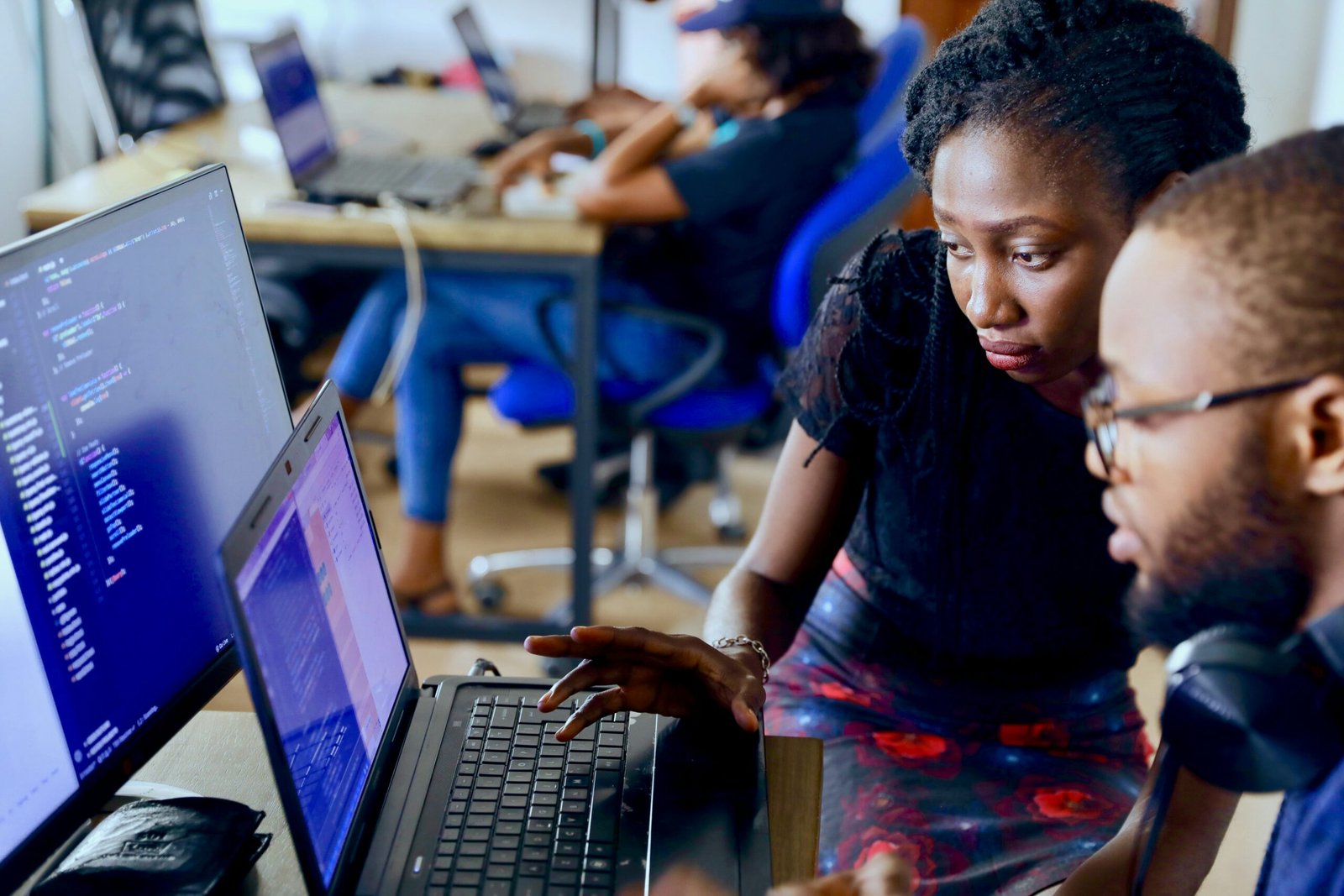

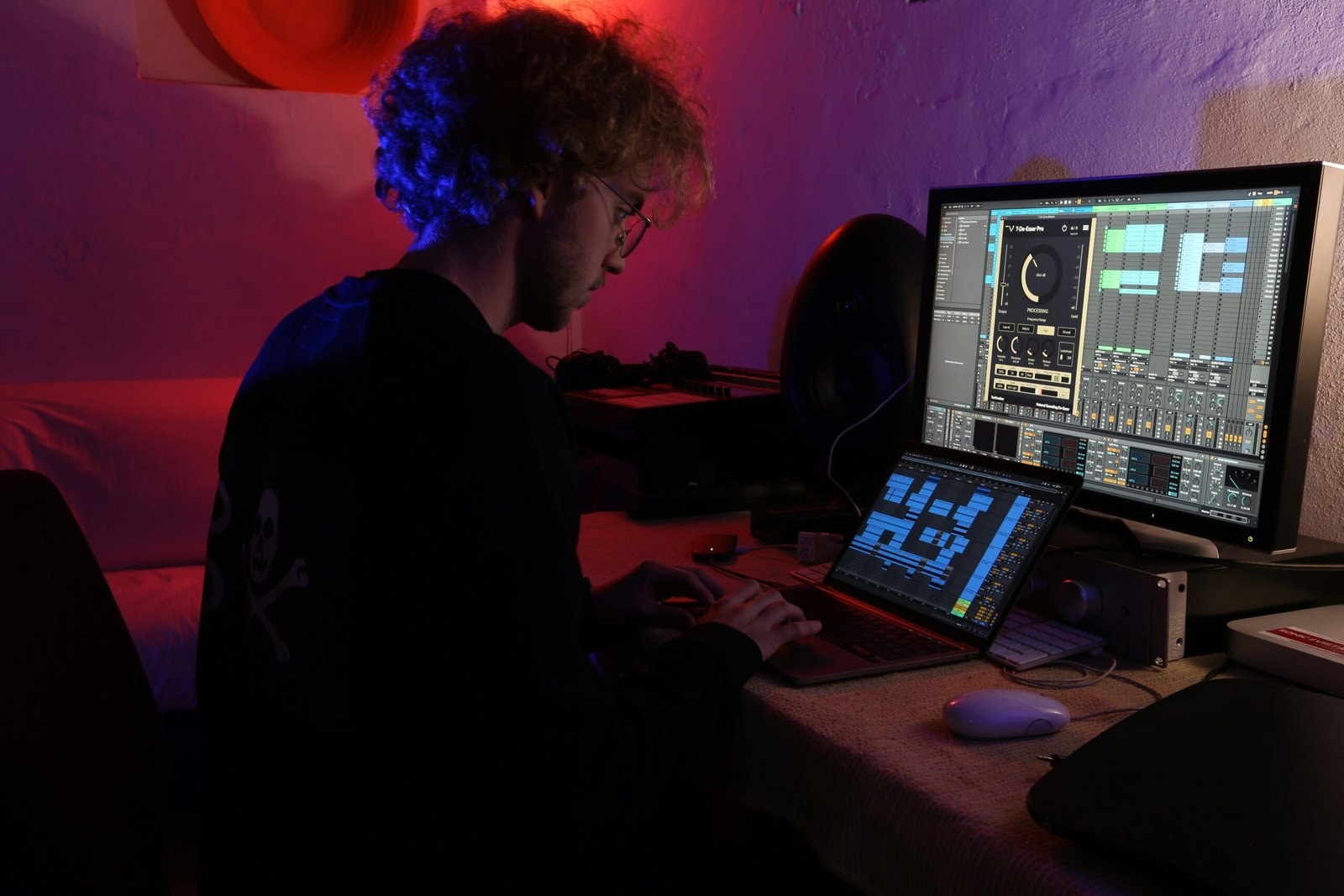

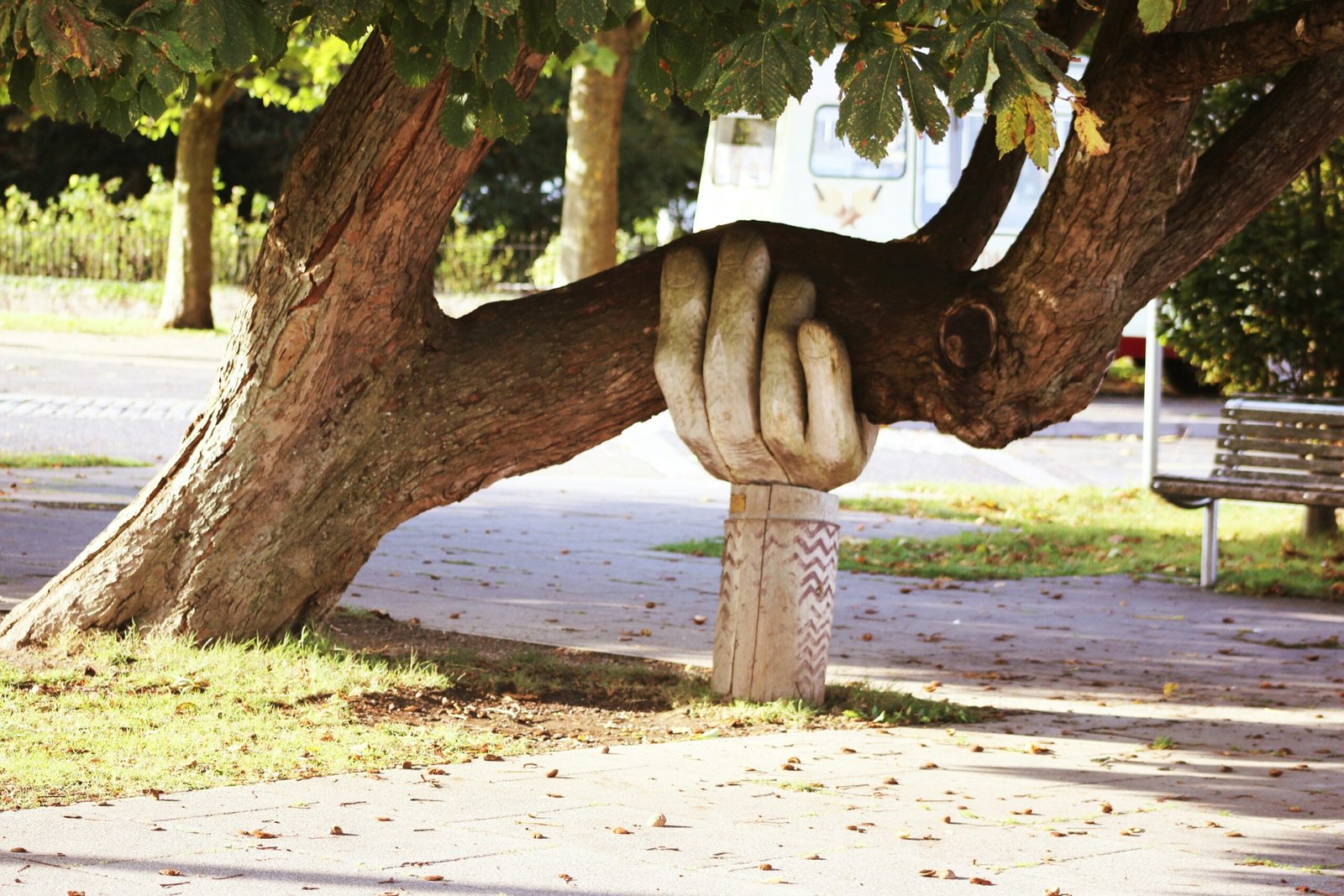
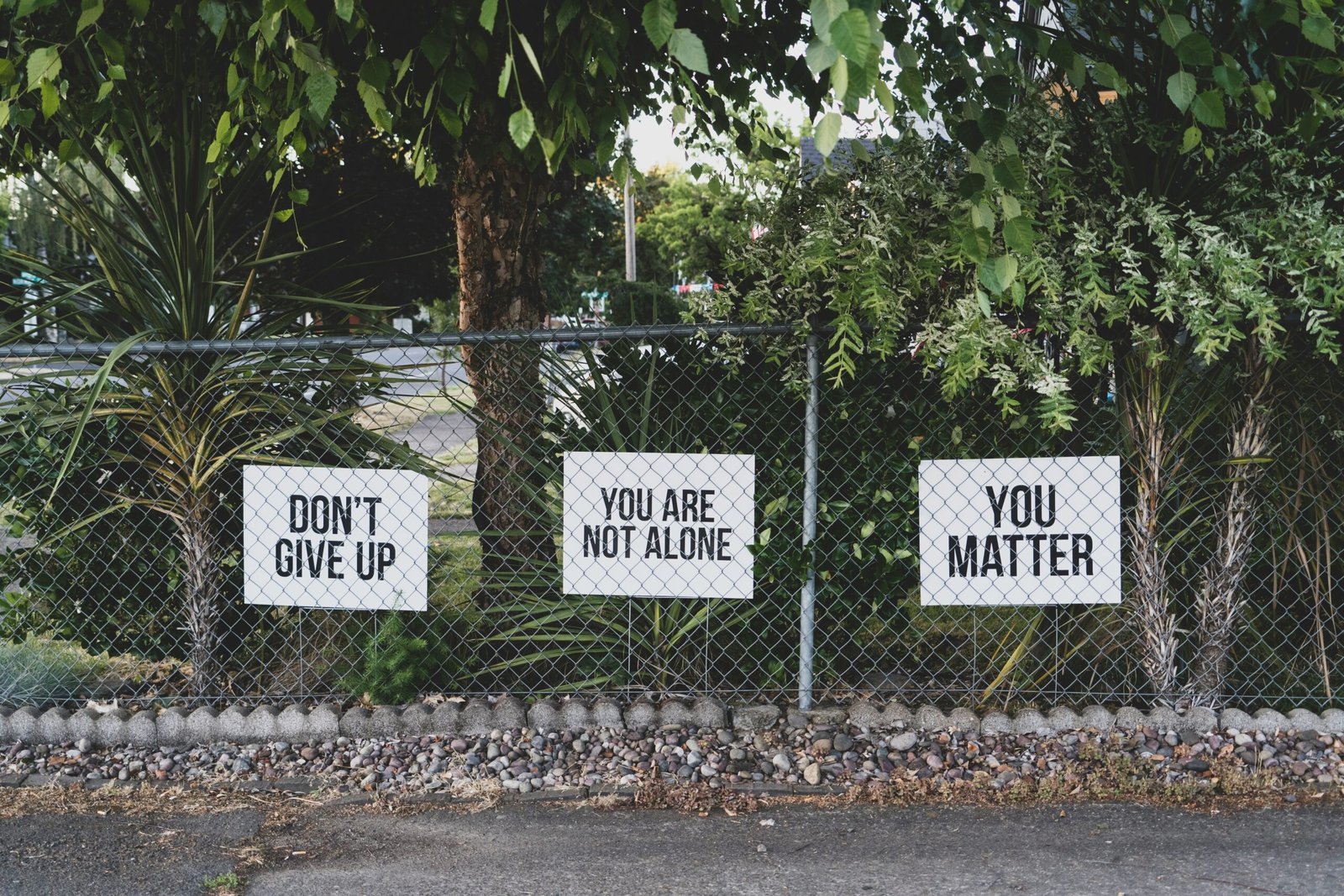
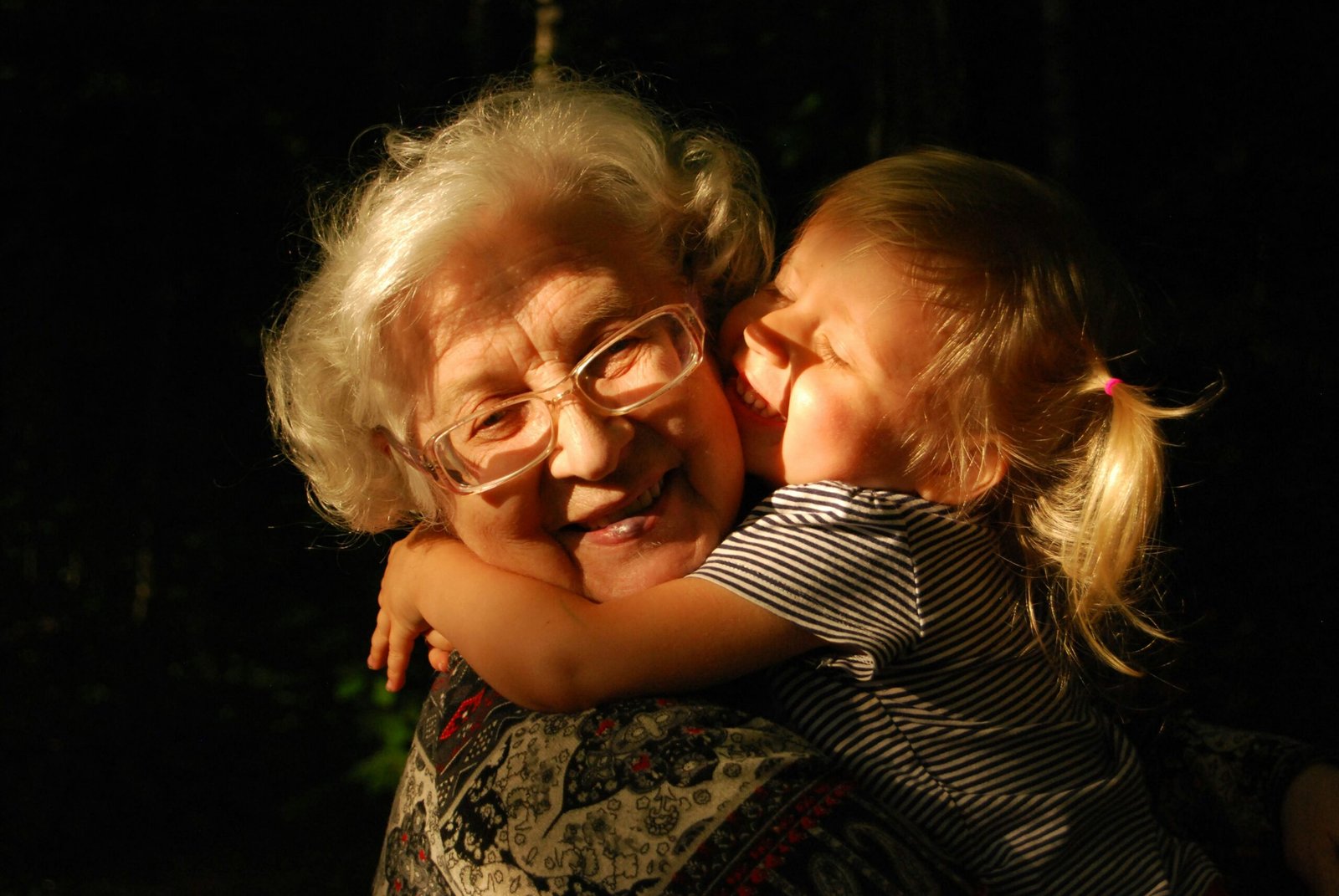
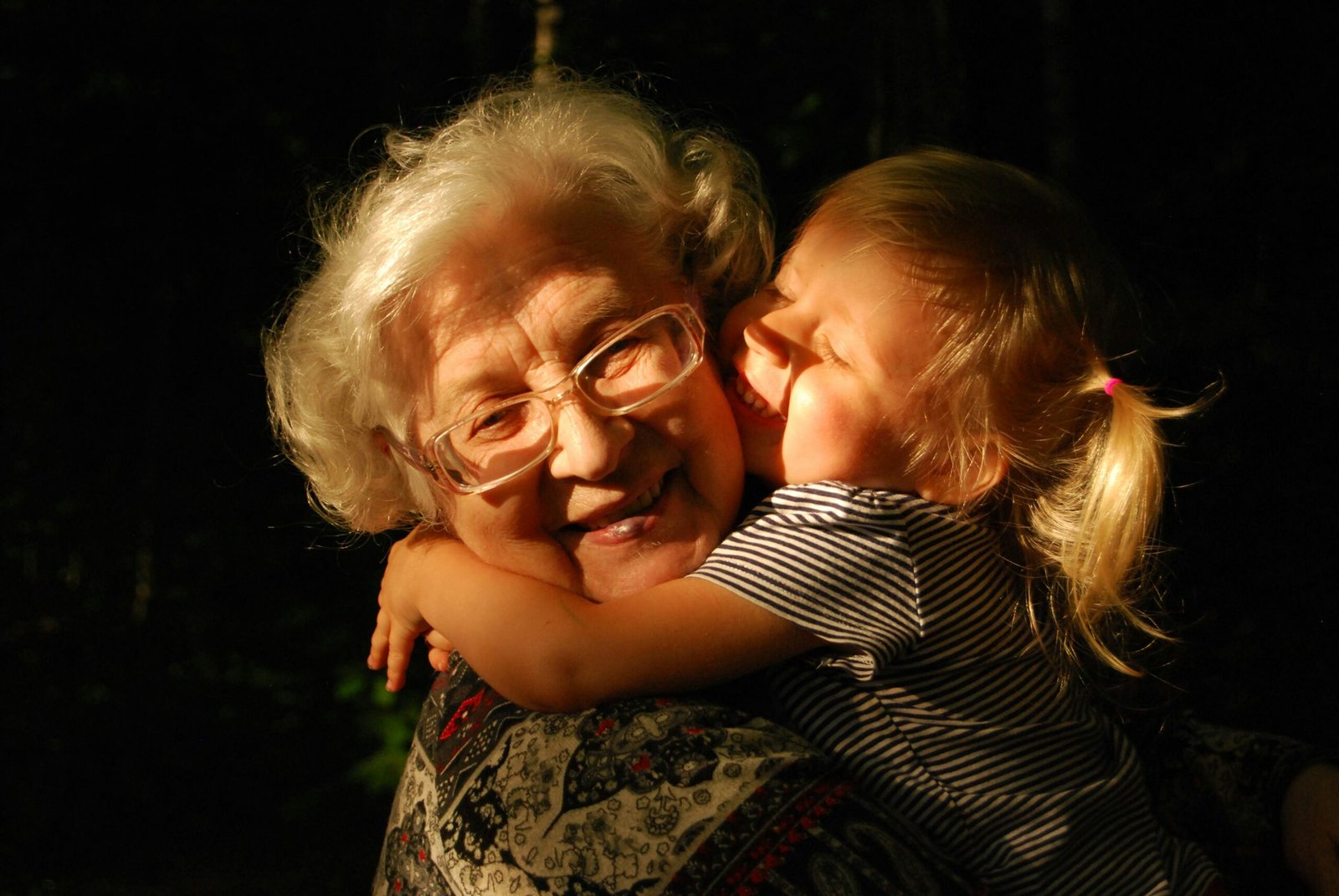

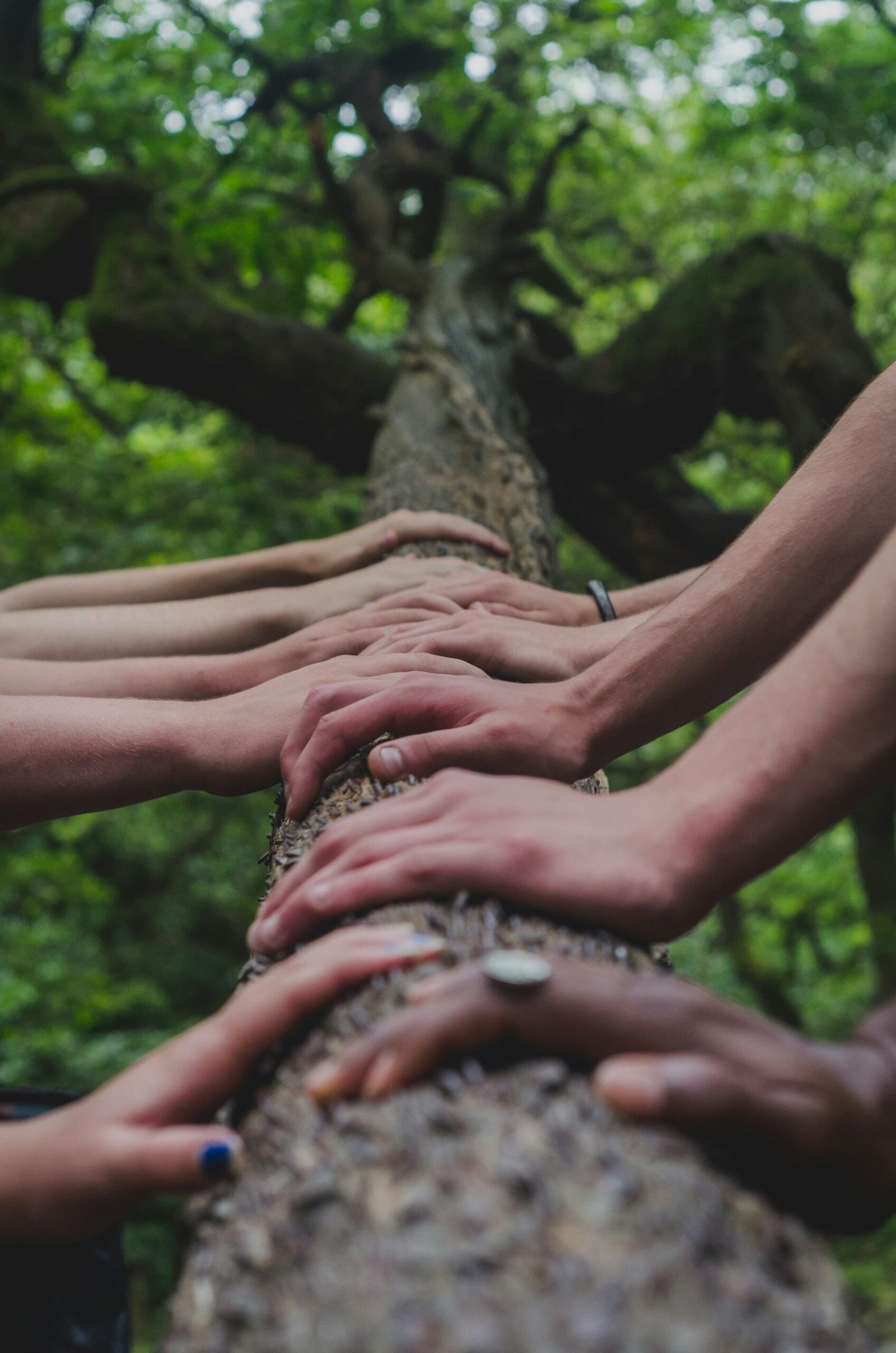

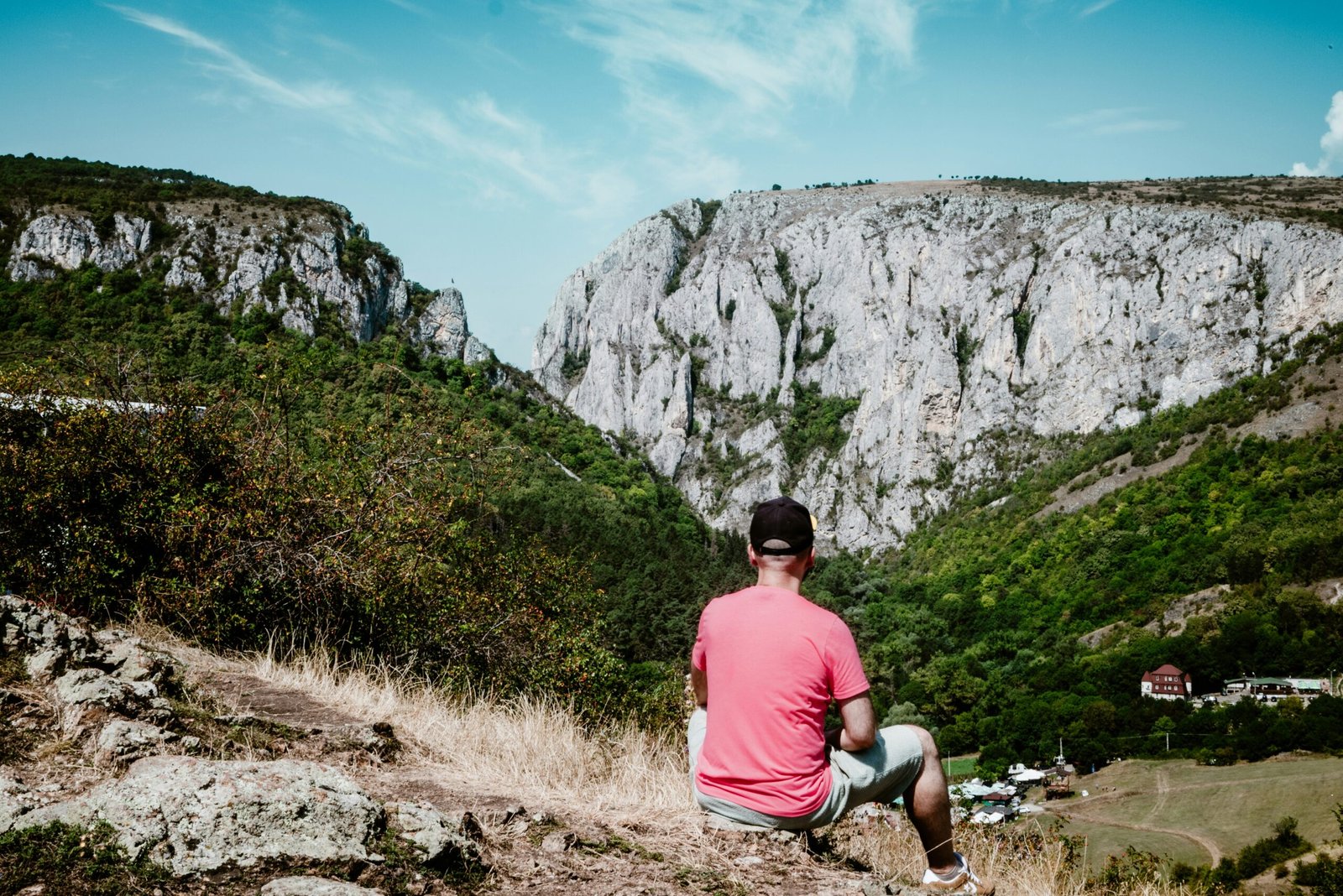
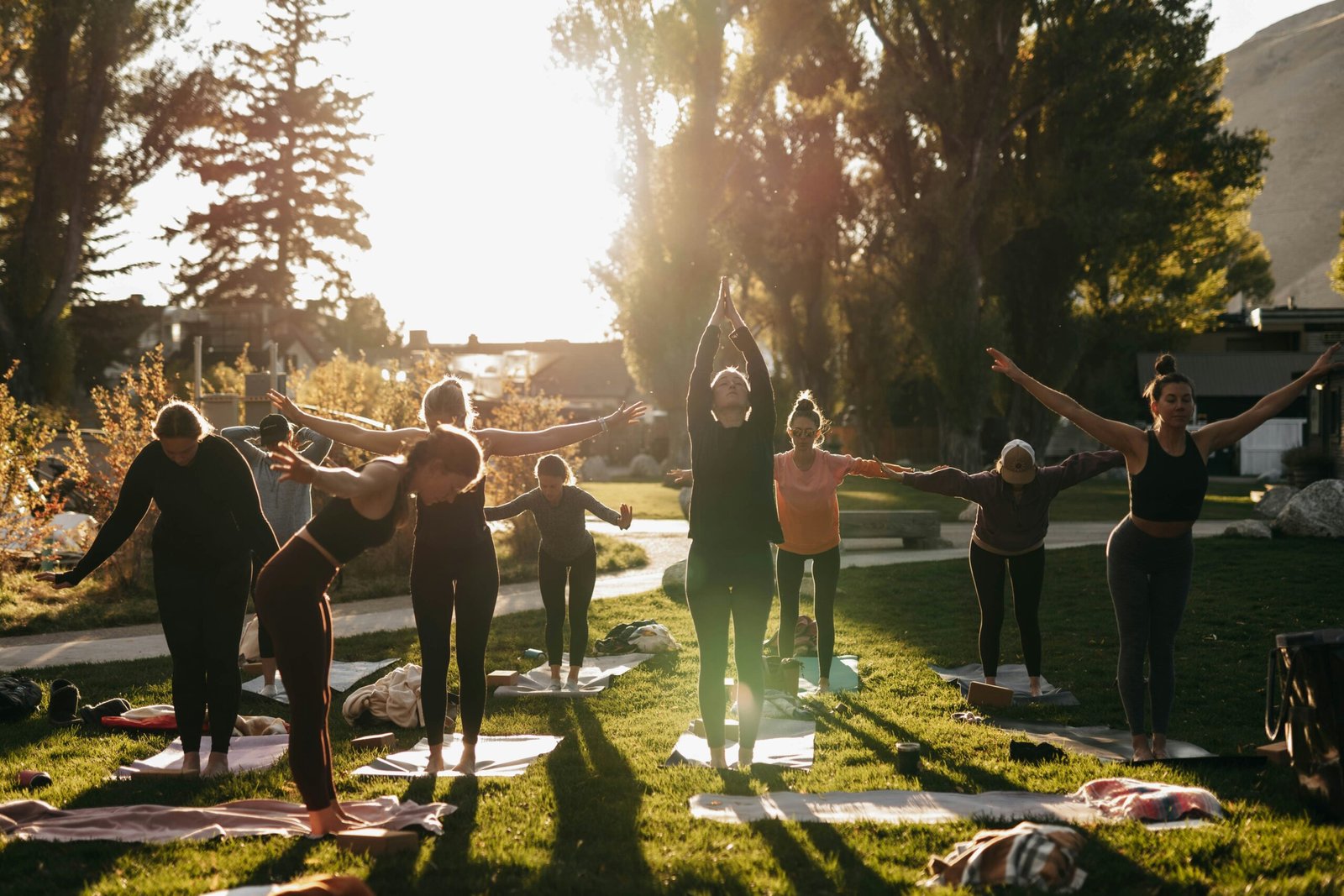

No Comments
Leave a comment Cancel